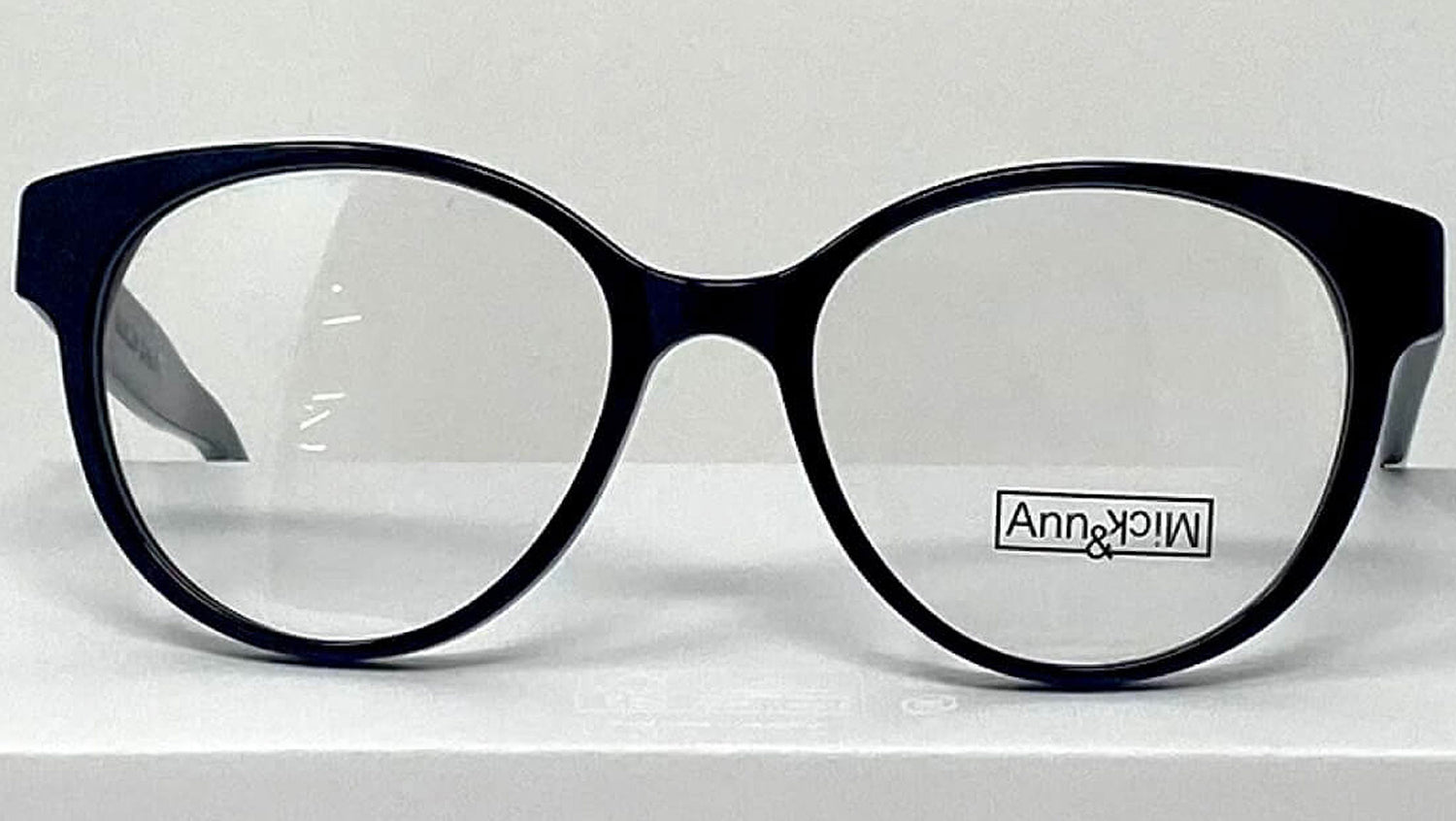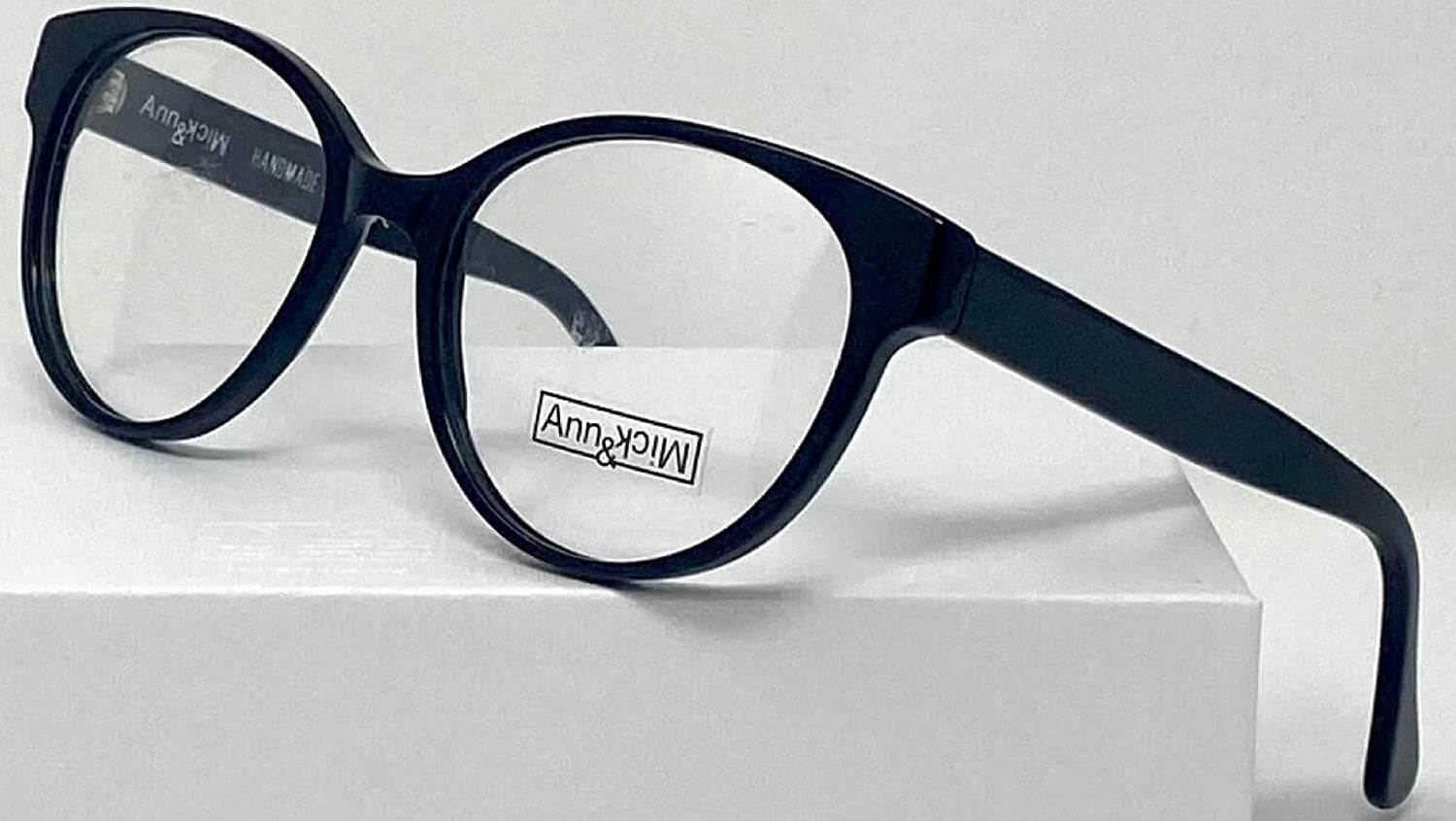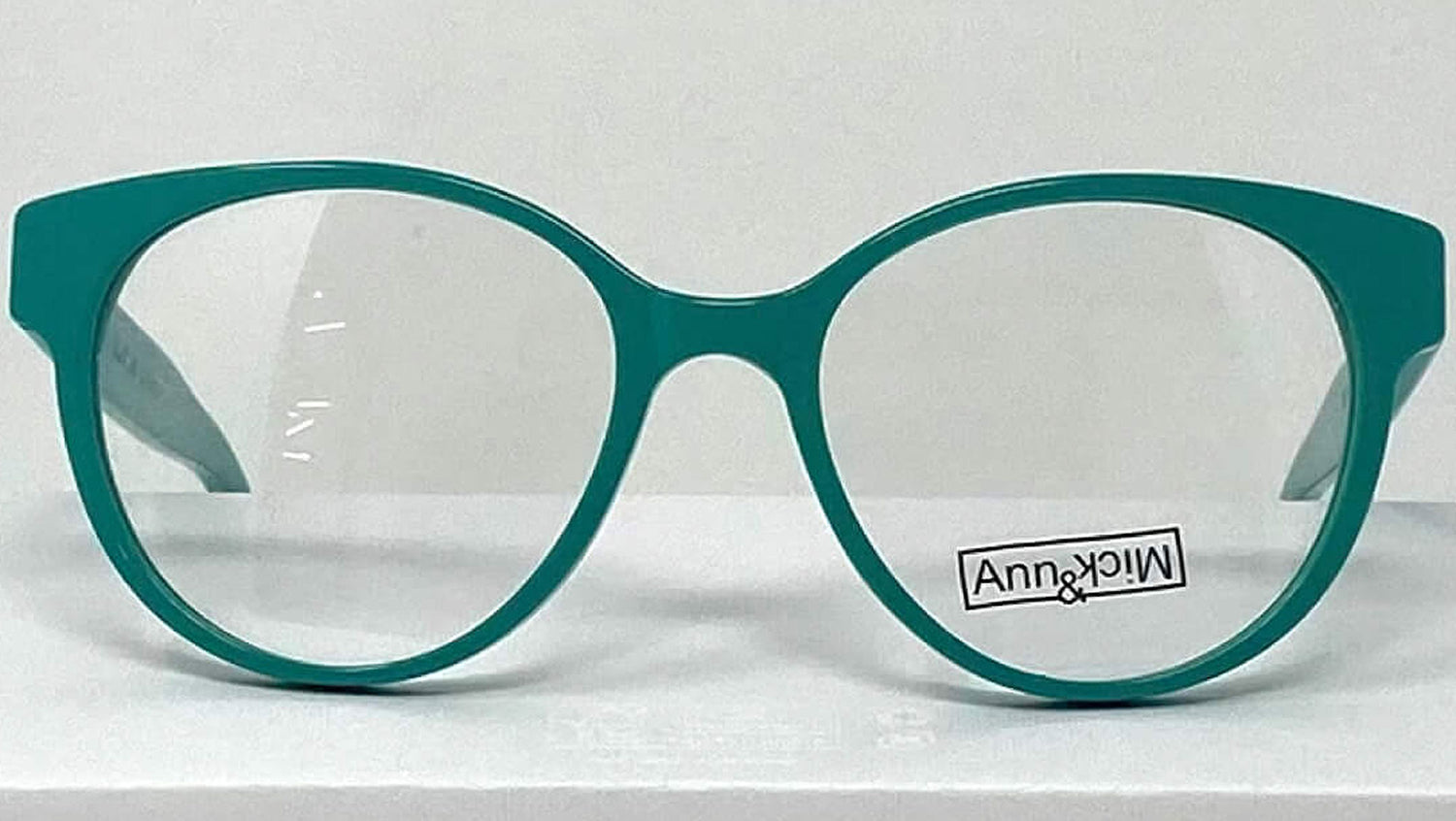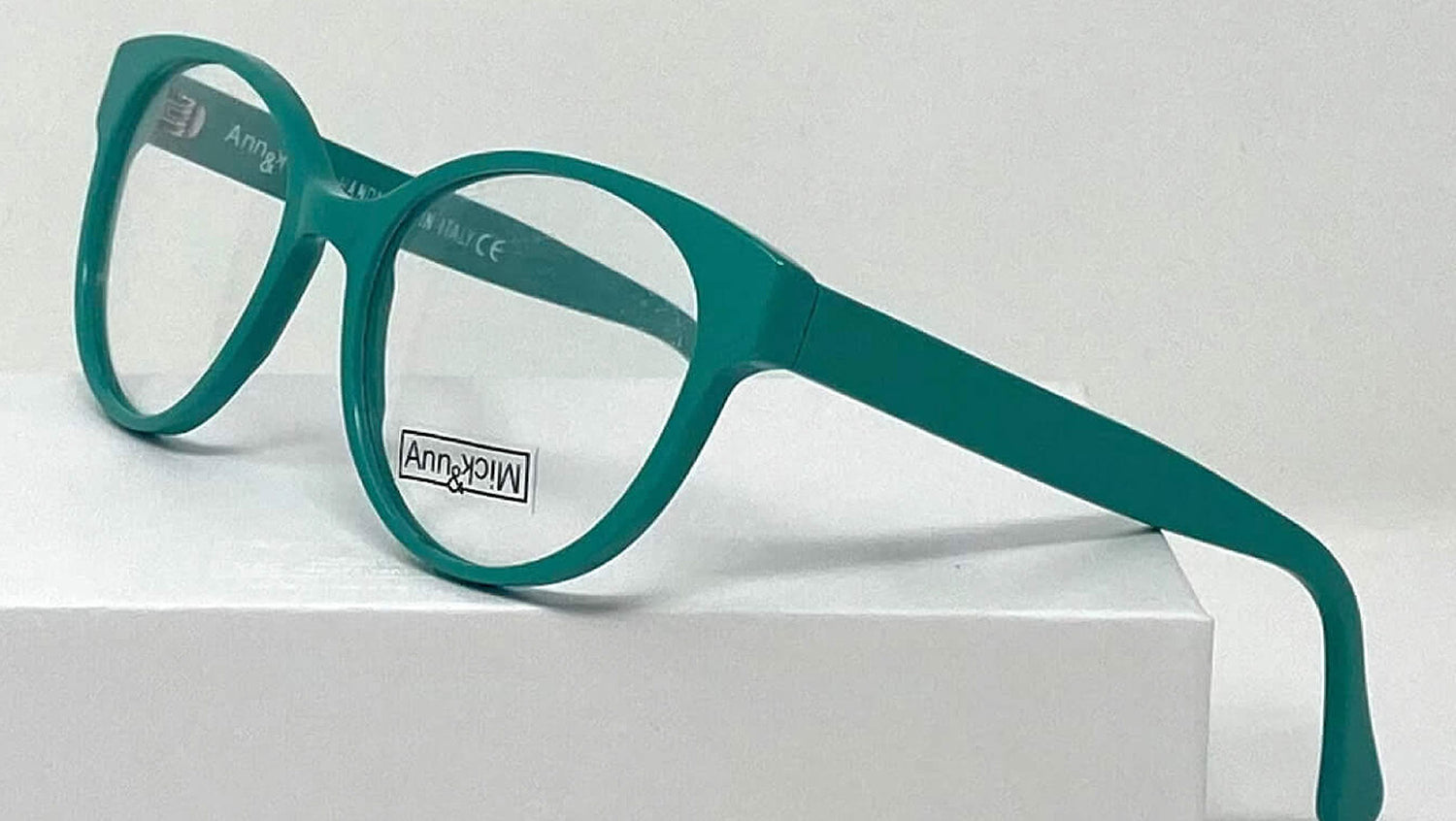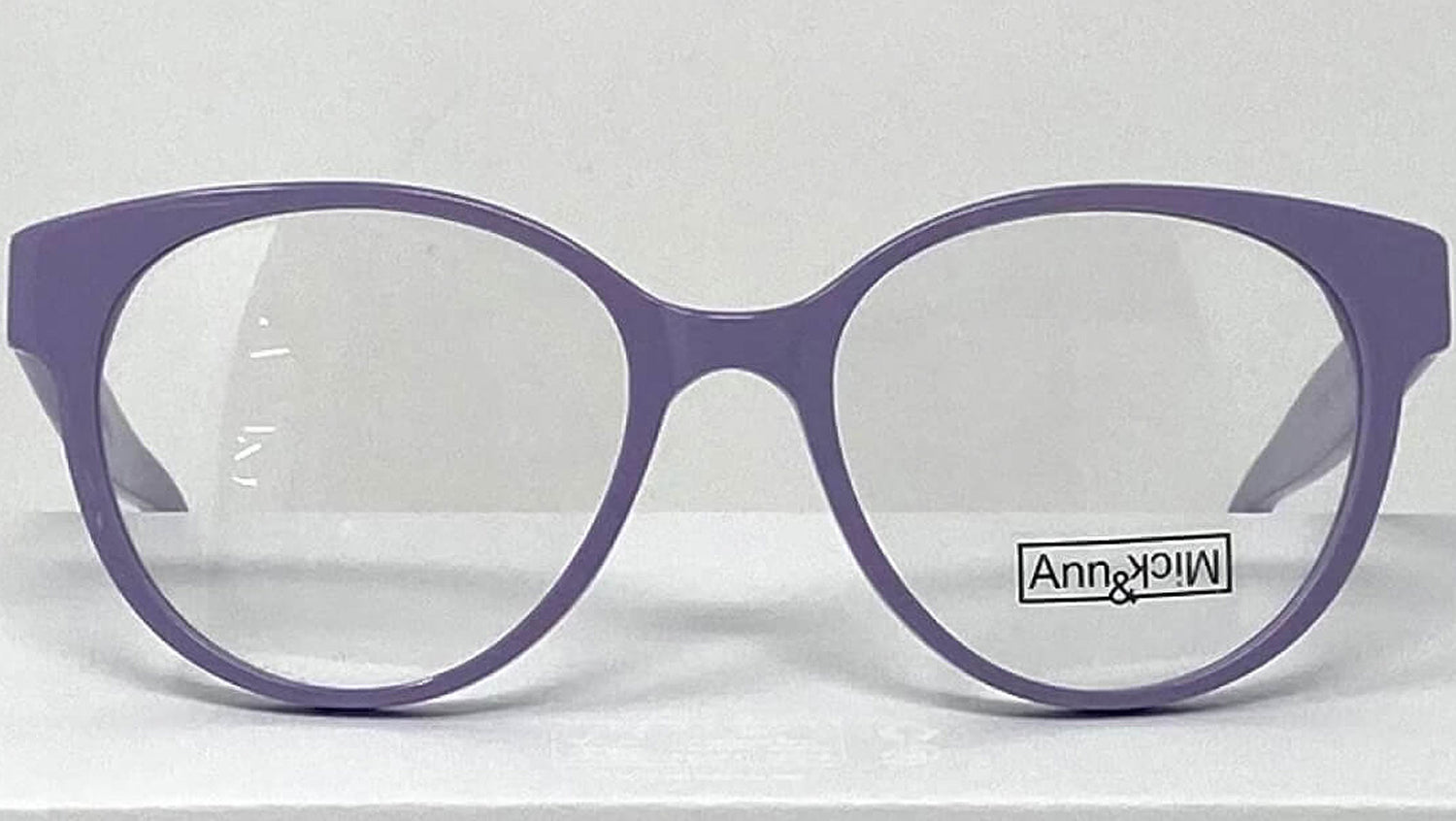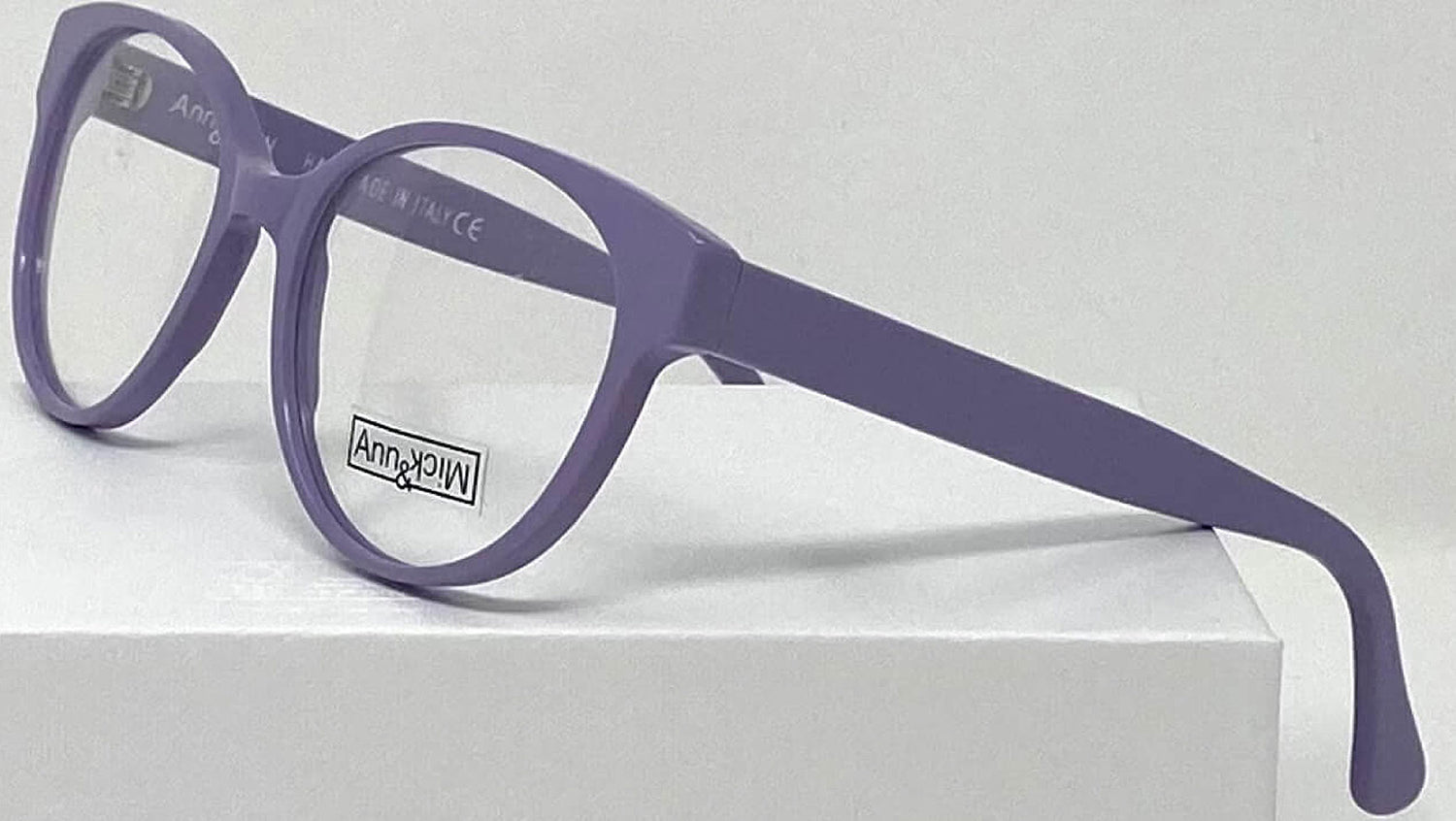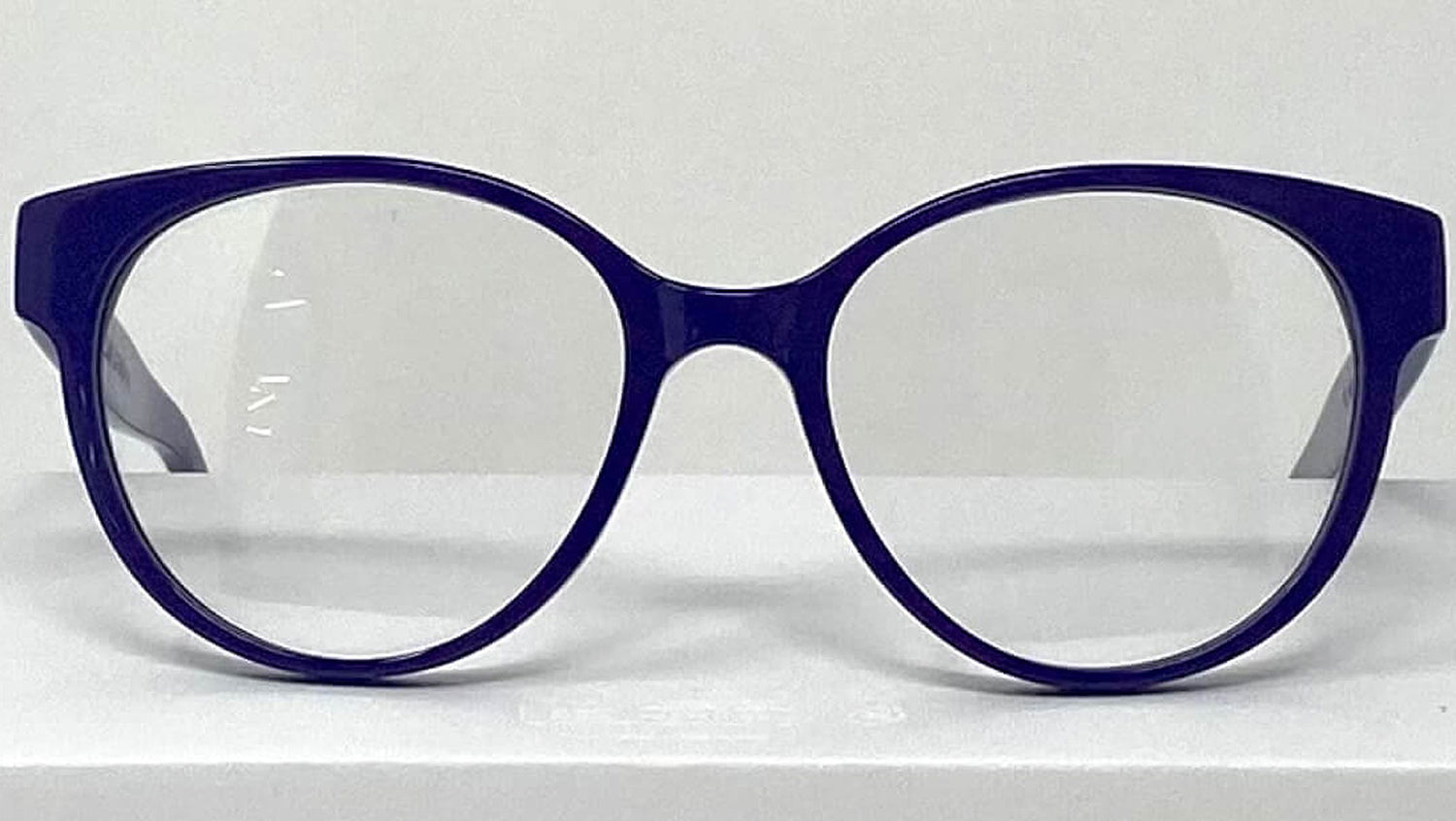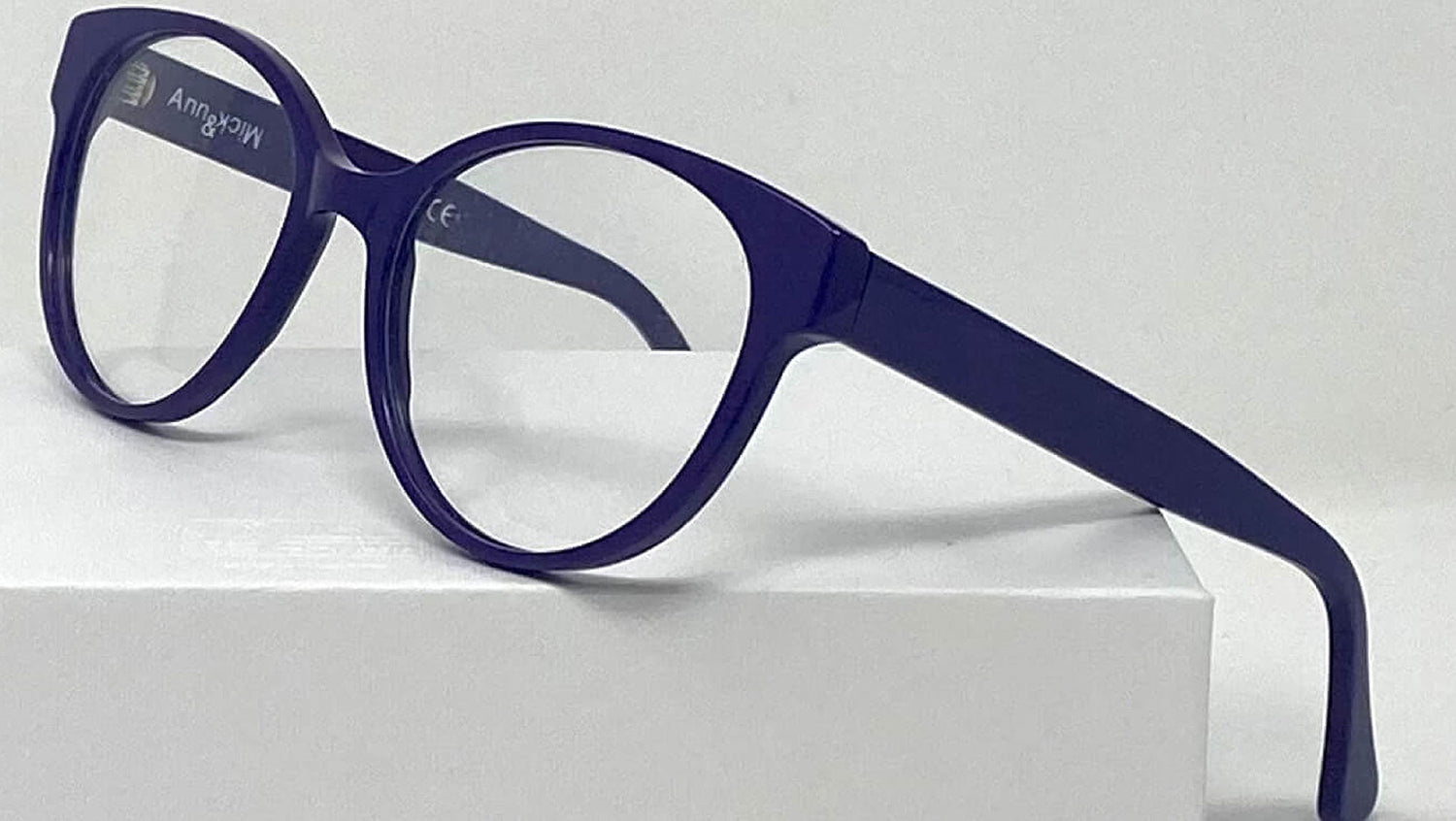
Vision is one of our precious senses, yet the world of optics is often overwhelmed by a multitude of myths about glasses.
Over the years, dozens of incorrect quotes and misleading beliefs about lens use have circulated, leading many people to develop habits that could harm their vision. In this article, we will debunk the ten most common myths about wearing glasses and uncover the truth behind them to ensure the health of our precious eyes.
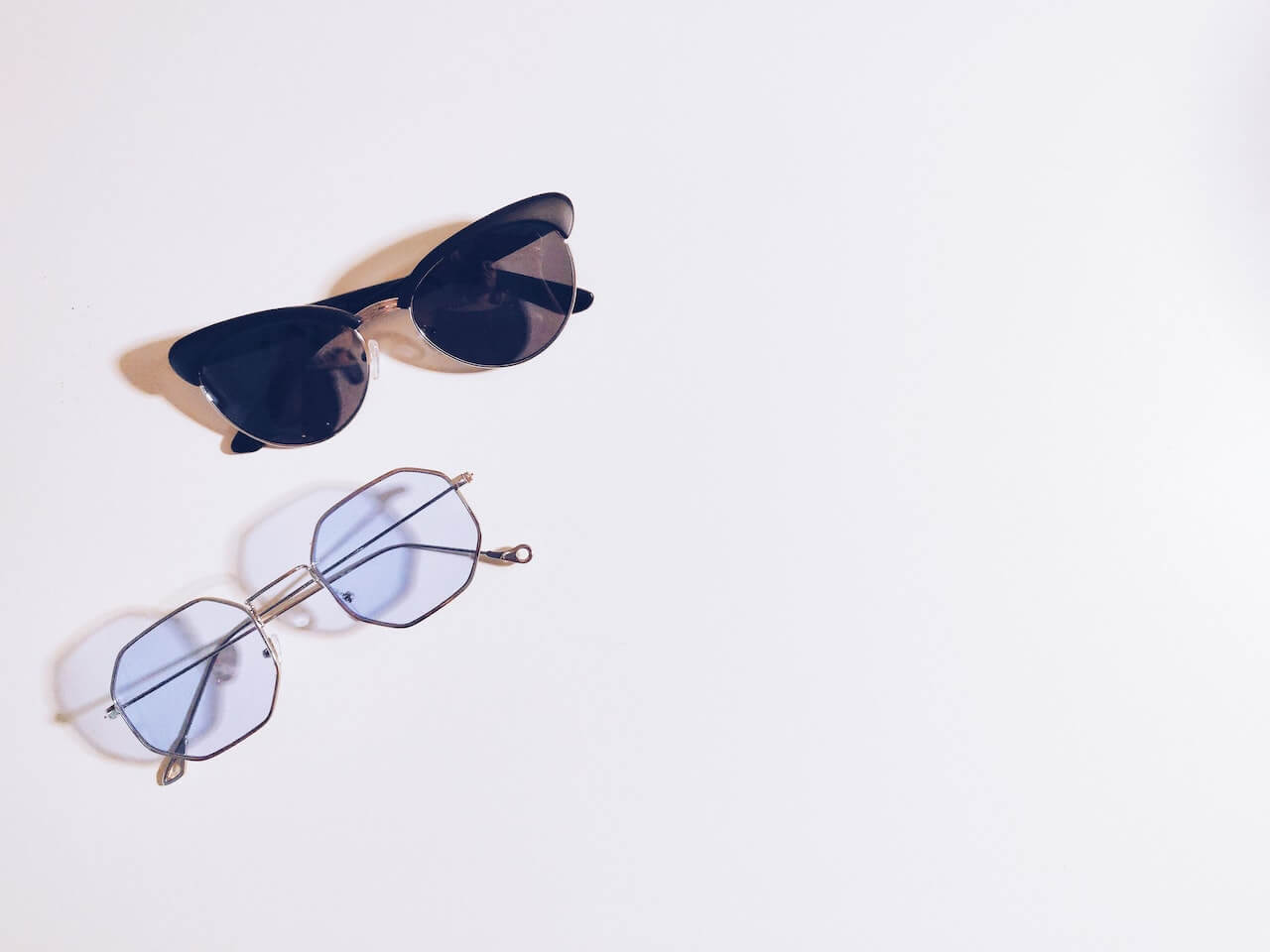
1
Not wearing glasses allows the eye to rest.
Many believe that taking off glasses can help rest the eyes, but this is a myth to debunk. On the contrary, if you feel eye strain, the solution is not to remove your glasses, but to wear them, as they are designed to relieve visual fatigue and improve your vision.
2
If you see well, you don't need to visit the optician.
Nothing could be further from the truth. An annual eye check-up with a specialized optician is essential for the health of your eyes. Often, issues can be identified that would otherwise remain unnoticed, making prevention crucial for good eye health.
3
Wearing glasses creates dependency.
Each eye is unique, so there is no single set of lenses suitable for everyone. Each lens must be customized according to the specific visual needs of the patient, regardless of the diopter strength
4
The lenses should be the same if the degree of myopia or presbyopia is similar.
Each eye is unique, so there is no single set of lenses suitable for everyone. Each lens must be customized according to the specific visual needs of the patient, regardless of the diopter strength.
5
On cloudy days, it is not necessary to wear sunglasses.
Clouds do not block UV rays, so unless it's raining or the clouds are particularly low, it's important to protect your eyes with sunglasses to prevent damage from the sun's rays.
6
The darker lens provides better protection.
Protection from harmful rays does not depend on the degree of darkness of the lens, but on its quality. Make sure to get lenses with adequate UV protection, regardless of the level of darkness.
7
Progressive lenses cause discomfort.
If you need progressive lenses, it's normal to have an adjustment period. The visual correction is located in the center of the progressive lenses, so you may experience blurred vision on the sides initially, but over time, your brain will adjust and the discomfort will disappear.
8
One pair of glasses is enough for all situations.
Each activity requires different visual needs. If you spend a lot of time on the computer, you'll need lenses specifically for screens. For driving, you'll need glasses that are suitable to ensure road safety. The right pair of glasses for every situation.
9
Clear lenses do not protect from sunlight.
Some clear prescription lenses use advanced technologies to provide UV protection. Make sure to ask your trusted optician about the available options.
10
Eyes should only be protected from UV rays.
The blue light emitted by digital devices like computers and smartphones can damage your eyes in the long term. Make sure to protect yourself from this harmful light source as well.



